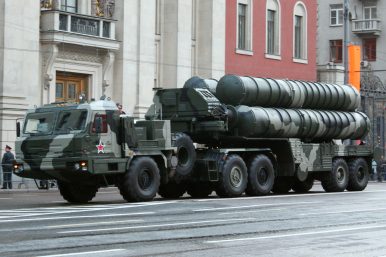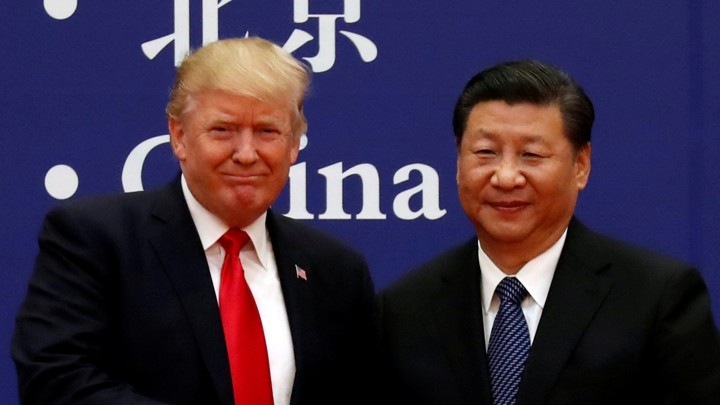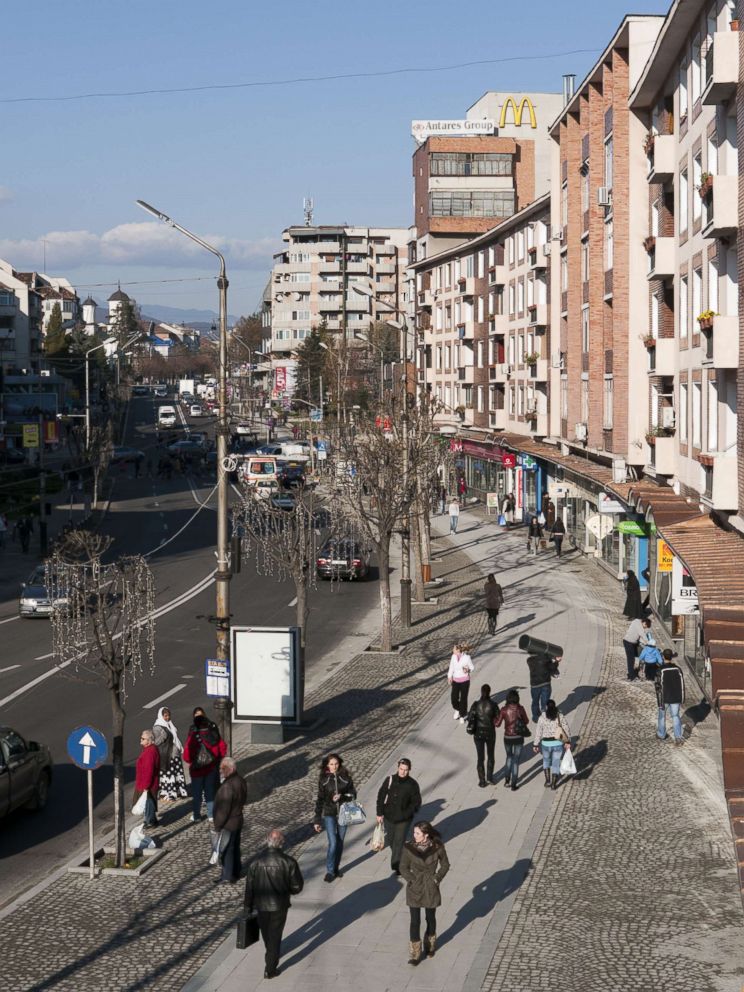Jagannath P. Panda and Maaike Okano-Heijmans
This paper analyzes the scope of cooperation in the field of connectivity between the EU and India, arguing that they are two important strategic poles of the current world order with shared interests. Europe and India are key actors of the western and non-western democratic liberal, both aiming to strengthen an “open, transparent and rules-based system of international politics and economics.” Realizing this potential requires candid and engaged strategic and economic exchange between the two sides. Responding to the need for both hard and soft infrastructure systems, many governments have factored connectivity as the lynchpin of their foreign policy. China’s Belt and Road Initiative (BRI) is only one of these, but it is the most developed of these initiatives by far. It could become the arch of the 21st-century world order. What is clear, is that this Chinese initiative challenges the current open and transparent rules-based system of international politics and economics advanced in the 20th century. Seen as a “manifestation of China’s re-globalization ambitions,” the BRI raises expectations of economic and political opportunities at one level while inviting skepticism and doubt over its operational mode at another.















/arc-anglerfish-arc2-prod-mco.s3.amazonaws.com/public/KPMGTVHRVBH6HK7DSPAUVNFTFQ.jpg)